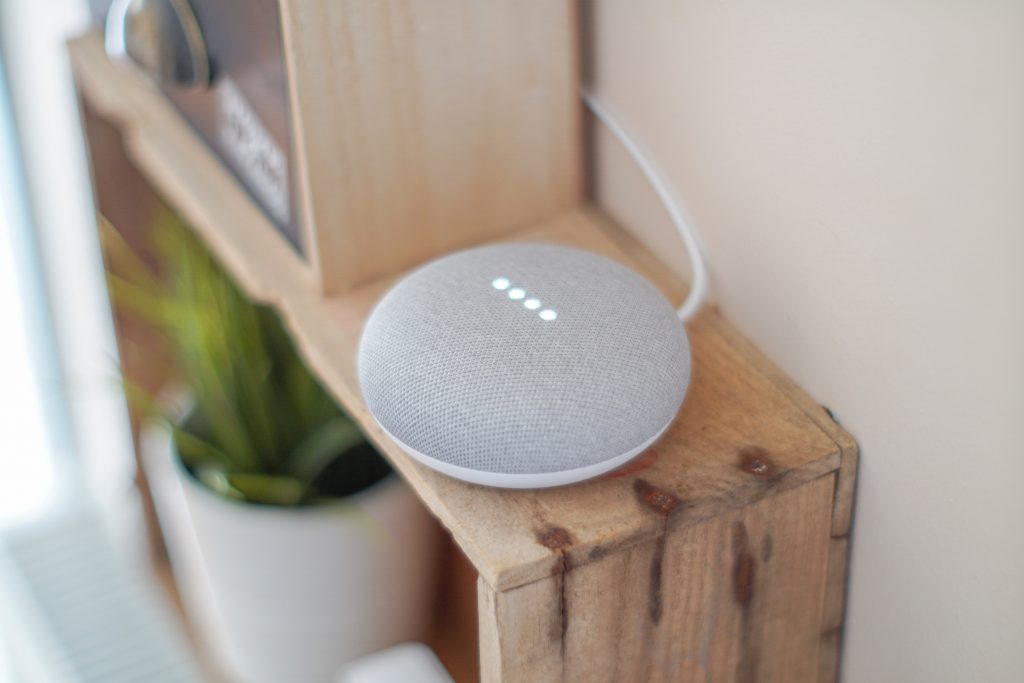Recent research has found that close to 31 billion global devices will have internet connectivity capabilities by the year 2020, and that includes real estate technology. Individuals are increasingly connecting their homes to the internet and their smartphones for more efficiency and built-in tech options are popular solutions. The world’s greatest tech giants from Google to Amazon have already seen the potential in creating residential home-based tech and more companies are following suit.
Here is what the smart home of the future will look like, and what you should invest in now.
Introducing Residential AI and IoT
Smart homes equipped with Artificial Intelligence and Internet of Things capabilities will allow homeowners to track their location inside the property. This is powerful because it creates the possibility of the home using where you are located within the structure to adjust settings like lighting, music volume, temperature and more. In these futuristic smart homes, AI will be a backbone for individual preference management and will automate gadgets found in the home today.
Companies such as Crestron are creating software which tracks an individual’s personal habits like music preferences and lighting choices in order to pre-emptively activate them when they enter the home. The expert projections for the growth AI-based home applications including automation, security and more will amount to 46% of all M2M connections in existence by 2021.
Smarter Lighting
This is a futuristic feature that many higher-end properties are already implementing in their present-day designs. Smart lights will automatically brighten and dim depending on the time of day or the occupant of the room, either through sensors or smartphone connectivity. These lights then also have the ability to switch off automatically when the room is empty and save energy.
The smart home is then set up to log the lighting preferences of the home’s occupants and will tailor settings to them. Technological integration with smart lighting is already being implemented through hardware devices like Google Home and Amazon’s Alexa, but with some limitations as to which lights can be used.
Smart Security
Smart security is a fast-growing industry around the globe, comprised of various home security features for the home like locks, surveillance, alarms and more. The smart homes of the future will feature programmable locks which can autonomously secure the home whenever the occupant is away. This technology will be invaluable in case any unexpected behavior is detected around the home, allowing owners or emergency services to be notified immediately.
Smart security features can also be a tool for caretaking used to look after individuals who live alone are elderly or sick. These features can be used by family members to check-in with the individual, remind them to lock up at night and give them something to signal with if they are in distress.
What You Can Implement Now
Some of these features of the future are already becoming more widely available to real estate investors now and can be implemented in investment properties for additional value. Designing some smart lighting is the easiest and most affordable place to start, switching out all the house’s light bulbs with ones that can interact with home tech and be controlled by the occupant via smartphone. Smart light switches are an alternative option, enabling light scheduling with a smart assistant without changing the existing light bulbs of the property.
Looking into smarter security options is also a wise addition to make to your investment property – adding internet-connected cameras and smart locks to all exterior doors. This can be a marketable feature for the home to give prospective buyers some peace of mind that they are moving into a property where they can be safe and feel secure.
The smart home of the future will be more connected, efficient and convenient than the real estate investors typically come across today. AI and the IoT will play a huge role in automating both residential and commercial real estate over the next few years. And will become a commonplace fixture in the majority of newly built structures. Many of these smart gadgets are seeing adoption in the modern American home, and are predicted to be very valuable to the millennial home buyers, and real estate investors should take notice.



